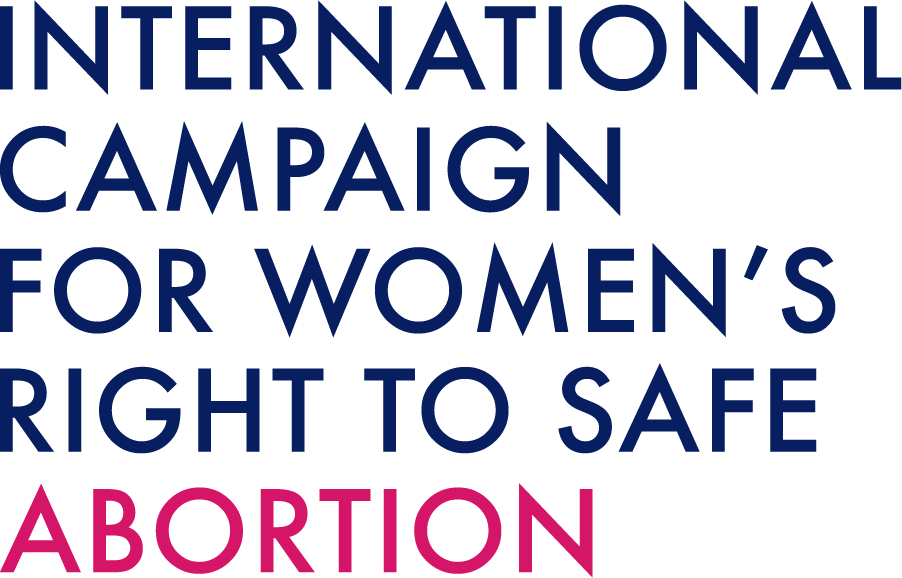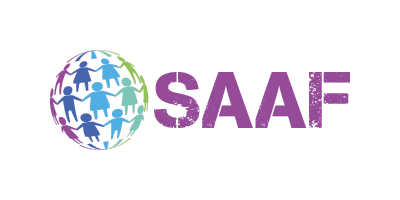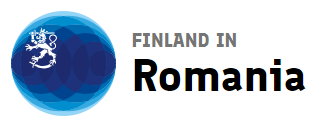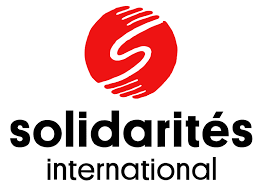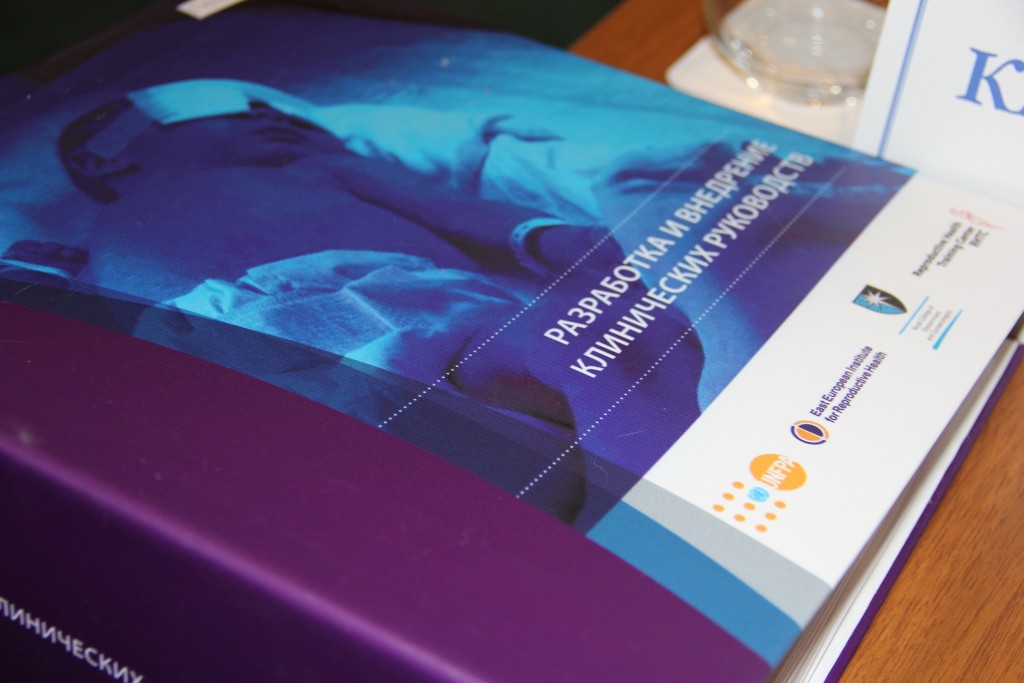
Regional training courses on SRH clinical guidelines launched in Moldova
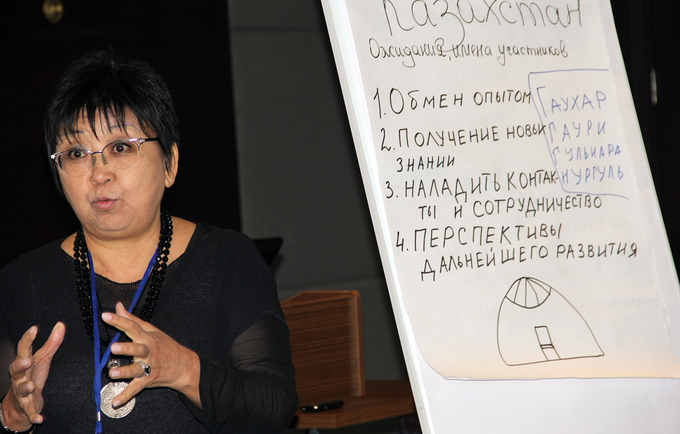
CHISINAU, Moldova — A new regional training course that aims to improve the quality of sexual and reproductive health care in Eastern Europe and Central Asia was launched here 7-11 September by UNFPA and its partners.
The course, which covers the methodology used to develop and implement evidence-based clinical guidelines for sexual and reproductive health (SRH), is a project of UNFPA’s Regional Office for Eastern Europe and Central Asia in partnership with the East European Institute for Reproductive Health (EEIRH) and the Reproductive Health Training Centre in the Republic of Moldova (RHTC).
‘Course participants were able to develop an action plan to implement a strategy in the field of standardisation of healthcare in accordance with the current healthcare requirements,’ said Dr Gauri Bapaeva, a professor at the National Research Centre for Maternal and Child Health of the Republic of Kazakhstan, who participated in the training. Praising the course as ‘well-organised and structured’ and its trainers as highly professional, Dr Bapaeva said the session ‘included all the issues necessary for the development, adaptation, and implementation of the clinical guidelines’.
Clinicians, health managers, and policy-makers are the target audience for the training course, which is part of UNFPA’s Regional Initiative on standardisation and institutionalisation of quality national clinical guidelines on sexual and reproductive health. The course material, which also addresses the implementation process as well as the principles of clinical audit to improve healthcare structures and service delivery, was developed by the Royal College of Obstetricians and Gynaecologists along with EEIRH and UNFPA.
The launch of the training course makes Moldova a hub for disseminating the Russian-language curriculum, targeting Russian-speaking countries of the region. EEIRH already offers an English-language version of the same coursework through the programme’s other regional hub, in Romania.
‘UNFPA’s regional initiative aims to achieve … a critical mass of trained professionals who have the knowledge and skills for developing and/or adapting SRH clinical guidelines, and the competency for conducting roll-out national training sessions in their countries,’ UNFPA Regional Director Heimo Laakkonen and RHTC Executive Director Rodica Comendant said in a statement announcing the training. ‘Countries will be supported, upon their request, to roll out the training at national level and to plan and develop a coherent guideline development programme as a part of their healthcare development strategy.’
The Russian-language courses will be offered in Chisinau through the support of a technical consortium that consists of the Nicolae Testemițanu State University of Medicine and Pharmacy’s post-graduate Department of Obstetrics and Gynaecology; the Mother and Child Healthcare Research Institute; the Association of Obstetricians and Gynaecologists; and the RHTC.
These training courses in English and Russian are part of UNFPA’s cascade training plans, to be continued at the national level, in order to support countries in the region in developing and implementing coherent guideline development programmes. This is a crucial part of these countries’ efforts to advance their national SRH guidelines and protocols in accordance to modern international standards in quality of care.






